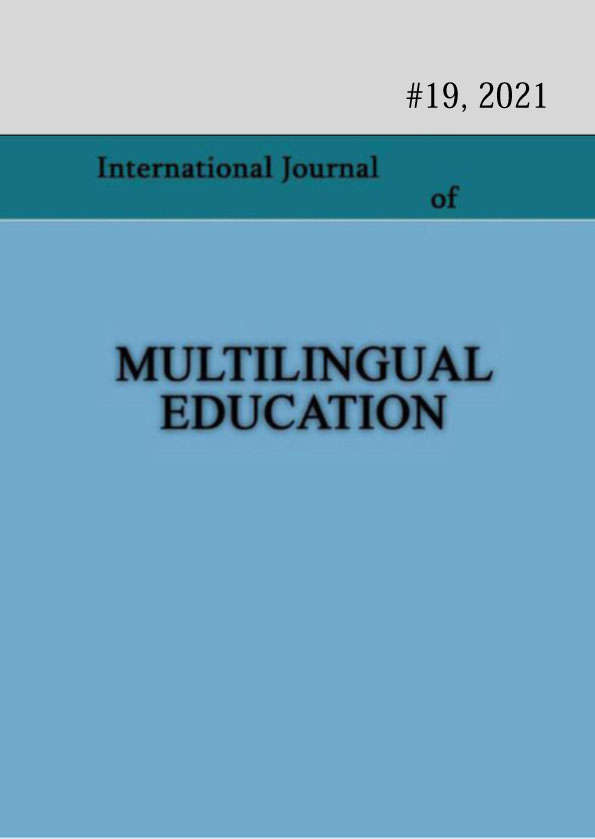Developing English speaking skills through written translation
Keywords:
bilingualism, translation, automaticity, fluency, cognitionAbstract
The article deals with problems of acquiring English speaking skills by adult learners and represents an attempt to determine the influence of written speech on the development of oral speech and define the role of translation in this process, based on which some new approaches can be formed both for teaching as well as learning processes to promote independence. In addressing these issues, the article focuses on issues of language learning, teaching, developing fluency through written translation and delves into the roots of the term bilingualism to come to satisfactory solutions.The aim of this article is to present the two facets of using translation for educational purposes and try to demystify the way teachers and learners should follow. The scholarly references I cite in this article span quite a long period because the problem has a long history, not yet solved, and some older perspectives are just beginning to reappear in a new light.
References
Adult Transitions Longitudinal Study, (2007). Adult Basic Education and Literacy Journal, 1(3), 2007.
Courtney, S. (1989). Defining Adult and Continuing Education, Pearson Education Ltd.
ISBN 978-0-584-56-988-6
Harmer, J. (2013). The Practice of English Language Teaching, Pearson Education Limited, ISBN 978-1-405-85-311-8
Thornbury, S. (2002). How to Teach Speaking, Pearson Education, Limited, ISBN 978-0- 582-42-966-6
Thornbury, S. (2008). How to Teach Vocabulary, Pearson Education Limited, ISBN 978-0- 582-77-998-3
Mindadze, I. (2009). Psycholinguistics, Arete, ISBN 978-99940-54-06-0
Chomsky, N. (2002). Ideas and Ideals, Cambridge University Press, ISBN 0-521-47-570-8 Rogers, K. (1969). Teaching Adults, Pergamon Press Inc. ISBN 0-08-025338-5
Published
How to Cite
Issue
Section
License
Copyright (c) 2021 Lela Bolkvadze

This work is licensed under a Creative Commons Attribution-NonCommercial 4.0 International License.
Copyright (c) - Authors who publish with this journal agree to the following terms: Authors retain copyright and grant the journal the right of first publication with the work simultaneously licensed under a Creative Commons Attribution-Noncommercial 4.0 International License, which allows others to share the work with an acknowledgement of the work's authorship and initial publication in this journal. Authors are permitted and encouraged to post their work online (e.g., in institutional repositories or on their personal website) prior to and during the submission process, as it can lead to productive exchanges, as well as earlier and greater citation of published work (see The Effect of Open Access). Authors may enter into separate, additional contractual arrangements for the non-exclusive distribution of the journal's published version of the work (e.g., post it to a repository or publish it in a book), with an acknowledgement of its initial publication in this journal.

